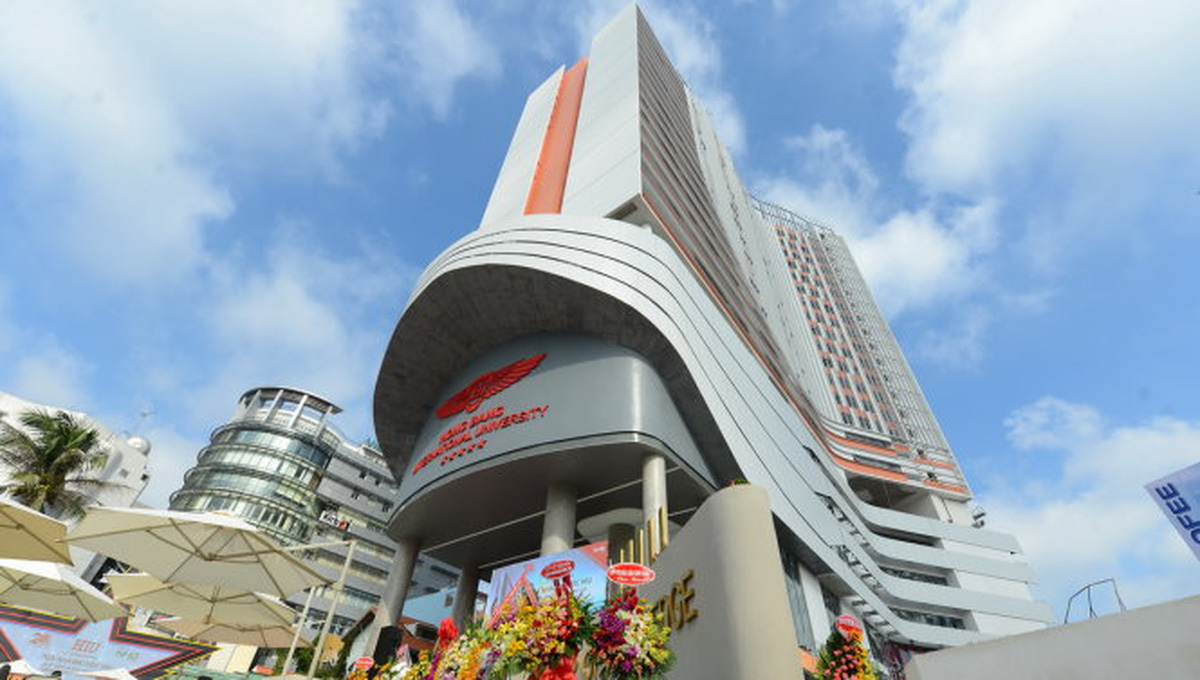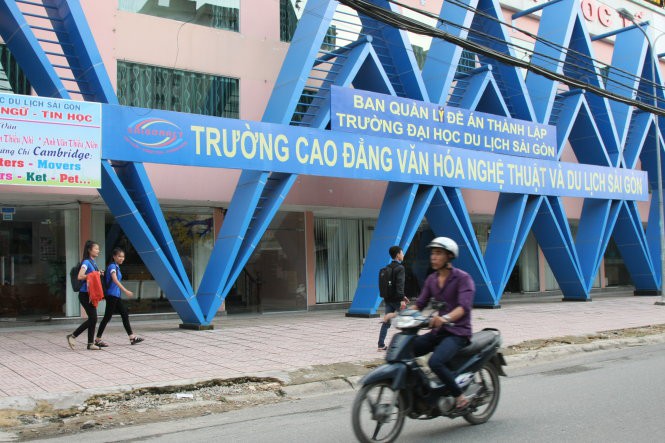Universities in Vietnam are being offered for sale at record prices following a recent government decree that raised the minimum charter capital for opening a new university to VND1 trillion (US$44.05 million).
In 2009, investors only needed VND50 billion ($2.2 million) in charter capital to establish a private university.
This means that in just eight years, the required capital investment to open a new university in Vietnam has increased by 20 times.
To avoid pouring so much money into such a risky venture, investors are now hunting for existing universities to acquire, massively inflating the valuation of universities.
University rush
T., one investor who already owns a number of colleges, said he had been looking to buy a university for months without success.
“It costs too much and takes too long to open a new university,” T. said. “Buying an existing one is much more convenient. However, universities that sold for, say, VND300 billion [$13.22 million] in the past are now demanding double that.”
A university in southern Dong Nai Province has put itself up for sale at VND600 billion ($26.44 million), and has already refused offers from investors of VND400 billion ($17.62 million).
“Compared to the cost of establishing a new university, our price is still a bargain for investors, considering the condition of our facilities and the number of students we currently have,” the university’s owner explained.
In comparison, in 2013, Van Hien University in Ho Chi Minh City was bought for only VND75 billion ($3.3 million).
Hong Bang International University, one of the most popular private universities in Ho Chi Minh with thousands of enrollments each year, was sold for VND500 billion ($22.03 million) in 2015.
“Apart from the tremendous initial investment, it takes at least a few years to complete all the necessary paperwork for opening a new university,” another investor said. “Meanwhile buying a university is essentially just buying the legal status of its owner, which is easier and quicker.”
 |
| Hong Bang International University. Photo: Tuoi Tre |
Diverged investment
According to Vu Khac Chuong, rector of the Saigon College of Arts, Culture and Tourism, the institution has been sought after by investors from the moment it received approval to upgrade its status to a full university.
However, Chuong said he had declined offers less than VND200 billion ($8.81 million).
“We still need investors, but only those who can pay at least VND500 billion [$22.03 million],” Chuong explained. “This is a long-term investment for the greater good of the school, and we need investors who share the same vision.”
P., director of higher education at a foreign education group based in Ho Chi Minh City, said his company had also had to adjust its investment goals after struggling to buy a university in the current climate.
“We are now targeting universities that are having trouble or junior colleges that have had their status upgrade approved in order to diverge our investments,” he said. “We aim to make a large and long-term investment so that we can have a say on the school board.”
Like us on Facebook or follow us on Twitter to get the latest news about Vietnam!



















































